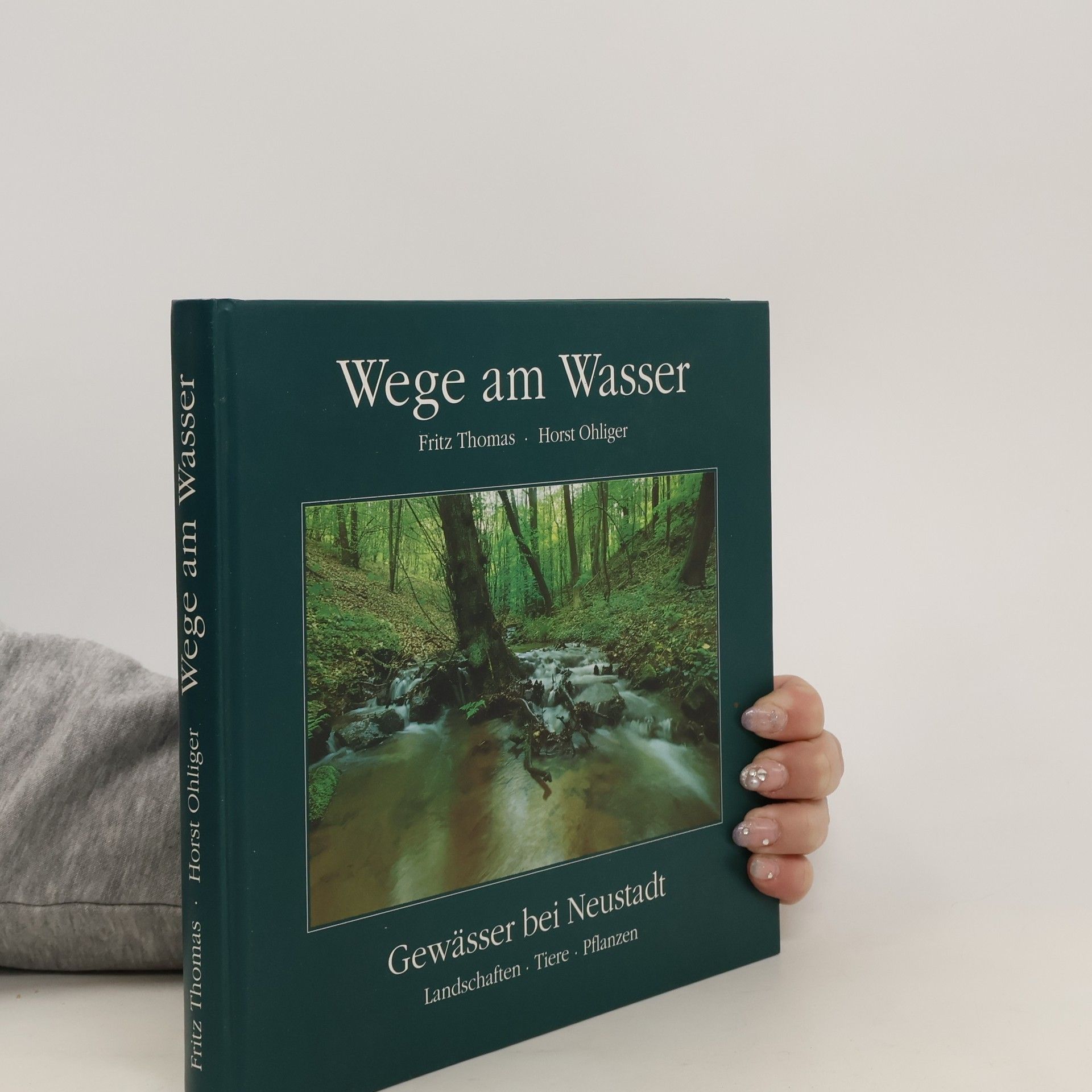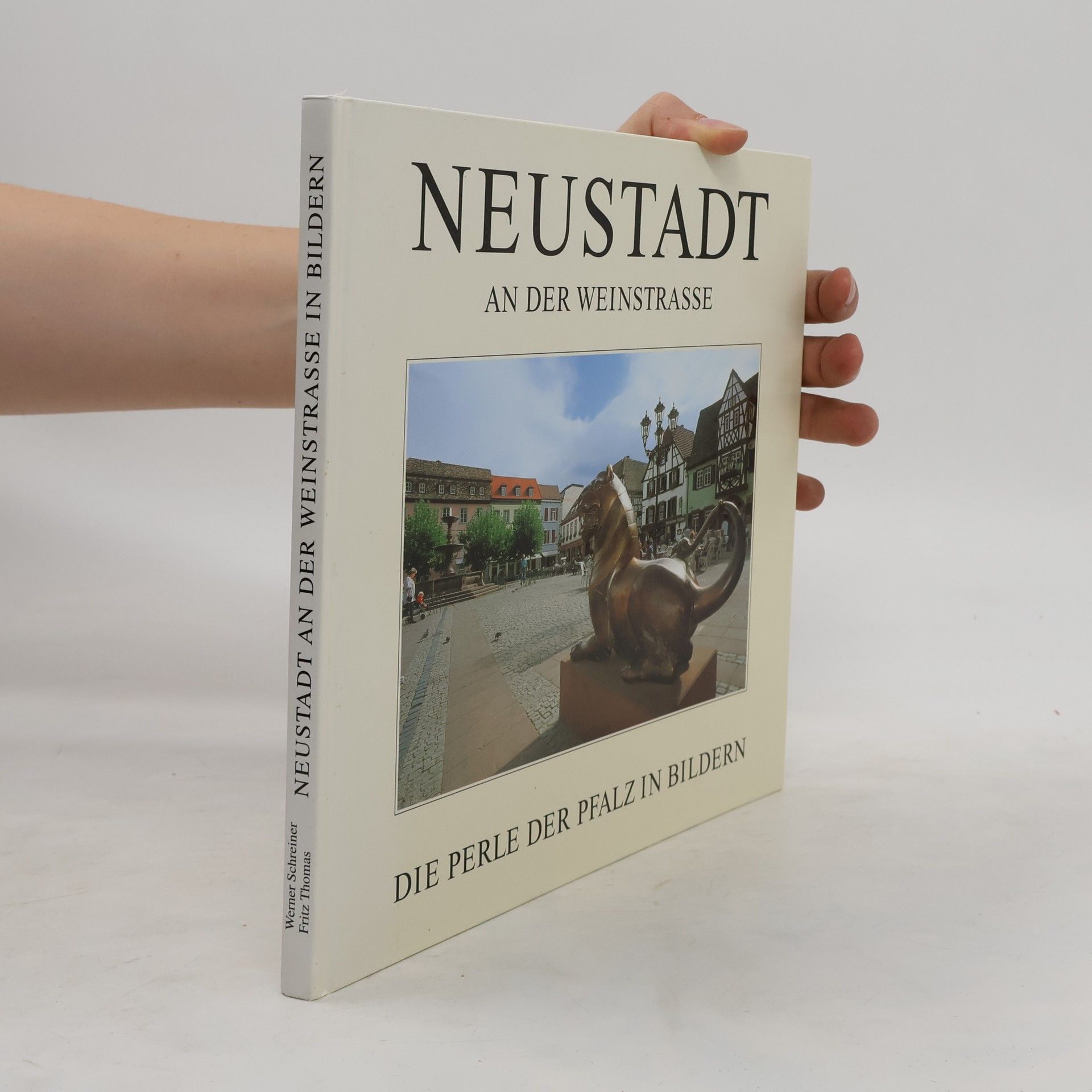Neustadt an der Weinstraße
- 109pagine
- 4 ore di lettura






Betriebsvermögen - Privatvermögen - Vorsorgeverfügungen
Das Werk ist ein Praxisratgeber zur gezielten Gestaltung der privaten und unternehmerischen Vermögensnachfolge durch Testament, Erbvertrag, Schenkung und Vollmacht. Es bietet eine Vielzahl möglicher Fallgestaltungen und erläutert die Voraussetzungen sowie Folgewirkungen aus zivilrechtlicher, gesellschaftsrechtlicher und steuerlicher Sicht. Viele Beispiele, Checklisten und Musterformulierungen veranschaulichen die rechtlichen Ausführungen und gewährleisten schnellen Zugriff für Praktiker. Ausgewählte Dokumente sind zusätzlich online zum Download verfügbar. Die 5. Auflage wurde umfassend überarbeitet, ergänzt und an die aktuelle Rechtslage angepasst, insbesondere in den Bereichen digitaler Nachlass, Familiengesellschaften als Gestaltungsmittel der Vermögensnachfolge, sowie Erfahrungen mit der Europäischen Erbrechtsverordnung von 2015. Ein besonderes Augenmerk gilt den Vorsorgeverfügungen (Generalvollmachten, Vorsorgevollmachten, Patientenverfügungen etc.), die nicht nur Regelungen für den Todesfall, sondern auch für Fälle der Geschäftsunfähigkeit aufgrund von Unfall oder Demenz umfassen. Abgerundet werden die Ausführungen durch eine Übersicht zu den "20 wichtigsten Tipps betreffend Vorsorgevollmachten und Patientenverfügungen". Rechtsstand: 31.07.2021.
Die Buchanmerkung beschreibt die Auswirkungen der Corona-Krise auf die öffentliche Daseinsvorsorge in der EU, insbesondere in Bezug auf Privatisierung und Sparpolitik. Jana Mattert und Thomas Fritz analysieren die Risiken des EU-Rechts und die Rolle von EuGH und EZB bei der Privatisierung öffentlicher Aufgaben und bieten Lösungen für eine nachhaltige, demokratische Gestaltung an.
Case Studies, Branchenüberblick und Erfahrungsberichte zum Einstieg ins Consulting
„Perspektive Unternehmensberatung“ ist das Expertenbuch zum Einstieg in die Consulting-Branche und beantwortet kompakt die entscheidenden Fragen. Welche Beratungsbereiche und Player gibt es? Wie kann man sich den Beruf von Unternehmensberater: innen vorstellen? Mit welchen Einstiegsgehältern kann man rechnen? Was sollte man bei der Bewerbung beachten, und wie bereitet man sich am besten auf das Auswahlverfahren und die Case Studies vor? Neben der Hilfe zur Entscheidungsfindung liegt der Schwerpunkt des Buchs auf der Bewältigung der Case-Interviews. Theoretische Konzepte und ausführliche Case Studies mit Lösungsskizzen unterstützen Bewerber: innen dabei, sich optimal auf den Auswahltag vorzubereiten. Wer dieses Buch liest und durcharbeitet, kommt seinem Traum vom Einstieg ins Consulting einen großen Schritt näher.
Jan Horvath hat nicht gerade eine Glückssträhne. Auf dem Weg zur Arbeit glaubt er, Zeuge eines Mordes zu werden und macht ein Foto des Täters. Doch die Polizisten nehmen ihn nicht ernst und entziehen ihm die Fahrerlaubnis wegen Trunkenheit am Steuer. Als sie schließlich von der Entführung erfahren, sind sie natürlich hinter Horvath her. „Blick und Beute“ erzählt von den tragikomischen Helden unserer Zeit: Ganoven, die den Ermittlern immer einen Schritt voraus sind und dabei selbst Getriebene des Geschehens sind. Streifenpolizisten, die auf Abwege geraten, um ihre Pensionsansprüche zu retten. Und ein Jan Horvath, der um seinen Führerschein und seine Tochter kämpft - und dabei immer mehr ins Visier der Entführer gerät.
Erstklassige Informationen – leicht verdaulich serviert. Anekdoten unterhalten und zeigen mit einem Hauch von Schadenfreude, wie man es nicht machen sollte. Die Lösungen werden gleich mitgeliefert. Anhand unterhaltsamer Geschichten werden häufige Fehler aufgezeigt, die dazu führen, dass Vermögen nach dem Tod nicht dort landet, wo es sollte. Oft muss Erbe versilbert werden, weil die Erbschaftsteuer nicht bezahlt werden kann, oder es gibt Blockaden, weil Gesellschafter eines Familienunternehmens vergessen haben, den Gesellschaftsvertrag anzupassen. Weitere Inhalte umfassen die Notwendigkeit eines Testaments und den Zeitpunkt, Missverständnisse über das Berliner Testament, die Gefahren von Schwarzgeld, die Probleme beim gerechten Teilen, unternehmerische Fehler bei der Nachfolge, die Herausforderungen in Patchwork-Familien, die 10 Gebote des Erbschaft- und Schenkungsteuerrechts, die Konflikte um Lebensversicherungen, die Risiken eines alleinigen Testaments und die Cleverness privater Stiftungen im Ausland. Diese aktualisierte und komplett überarbeitete 3. Auflage bietet wertvolle Einblicke und praktische Ratschläge für den Umgang mit Erbschaften und Nachfolgeregelungen.
Bei der Neuverhandlung des Dienstleistungsabkommens GATS sollen alle Sektoren – von den unternehmensnahen Dienstleistungen über Handel, Tourismus, Transport, Telekommunikation, Umwelt, Wasser, Energie bis hin zu Gesundheit, Bildung und Kultur – den WTO-Prinzipien unterworfen werden. Die Autoren erläutern die Pläne, stellen die Konsequenzen für die Gesellschaft dar und zeigen Einflussmöglichkeiten auf. „Nur auf dem Wege des fortgesetzten und konzertierten Drucks wird es möglich sein, in die scheinbar unaufhaltsame Liberalisierungsmaschinerie einzugreifen. Die Akteure des Widerstands versuchen der Einbahnstraße von Liberalisierung und Privatisierung ihre Alternativen entgegenzusetzen. Die jüngst von Attac initiierte Kampagne gegen das GATS ist dafür ein weiteres ermutigendes Beispiel.“
Case Studies, Branchenüberblick und Erfahrungsberichte zum Einstieg ins Consulting - 16 neue Case Studies